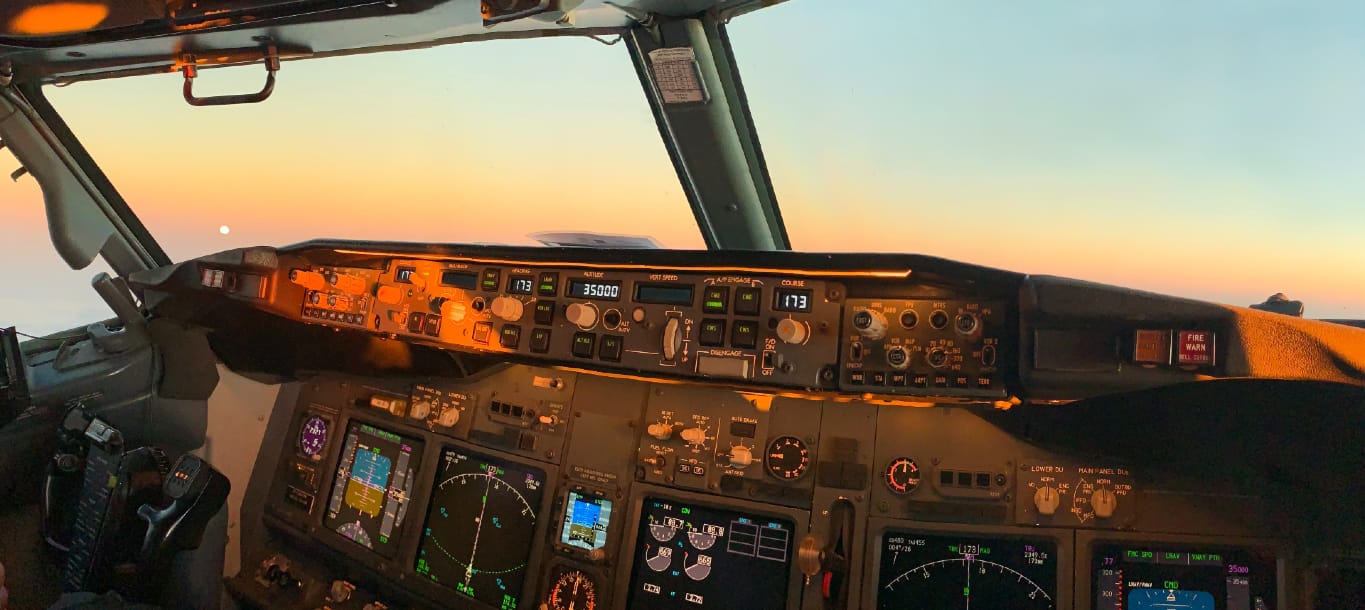What is an aeronautical engineer?
Aeronautical engineers are responsible for the development and maintenance of a range of aeronautical vehicles. They work on a range of aircraft, including: helicopters, fighter jets, passenger planes, space shuttles, satellites and weapons systems.
Using scientific knowledge and practical skills, they work to ensure these devices are fast, safe, fuel efficient, cost effective and meeting consumer needs. Furthermore, given the increased concern surrounding environmental sustainability, many aeronautical engineers try to reduce the environmental impact of their products.
What are the typical responsibilities of an aeronautical engineer?
Day-to-day responsibilities vary depending on your specialism. However, typical responsibilities include: applying scientific knowledge to create aircraft and aircraft components, using computer-aided design (CAD) software to create models, resolving issues that arise during development and testing, maintaining and servicing the aircraft for full operation, and modifying designs to minimise pollution or improve safety.
What specialisms are there within aeronautical engineering?
As an aeronautical engineer, you can specialise in an area that you find particularly interesting. You can focus on a specific subcategory of aeronautical engineering, such as electrical engineering, systems integration or avionics. Or, you could focus on developing new concepts, such as nanotechnology or fluid dynamics.
What opportunities are there within the field?
Aeronautical engineers are typically employed by: aircraft and spacecraft manufacturers, military establishments like the Army and the Royal Air Force, commercial airlines, government research agencies like the Ministry of Defence, and regulatory authorities like the Civil Aviation Authority. If you’re more interested in the research side, there are opportunities within research centres or higher education institutions.
What skills do I need to be a successful aeronautical engineer?
To be a successful aeronautical engineer, you’ll need: time-management skills to help you meet deadlines, appreciation of aviation and flight technology, creative thinking when developing designs, problem-solving skills for dealing with repairs and technical knowledge of the industry. Language skills may also be an asset to help you secure positions which require international travel.
How do I become an aeronautical engineer?
To become an aeronautical engineer, it's a good idea to have a qualification in a STEM subject, be it an apprenticeship, degree or higher national diploma (HND). A degree in aeronautical engineering would be a bonus, but you can also enter the industry with a degree in physics, maths or electronic engineering. A number of top companies offer aerospace apprenticeships, including British Airways, Airbus and Boeing. Many colleges offer HNDs in aerospace engineering, year-long courses that are less expensive than a degree, but still provide you with valuable technical skills. Visit AllAboutSchoolLeavers for articles on working out your options post-16.
